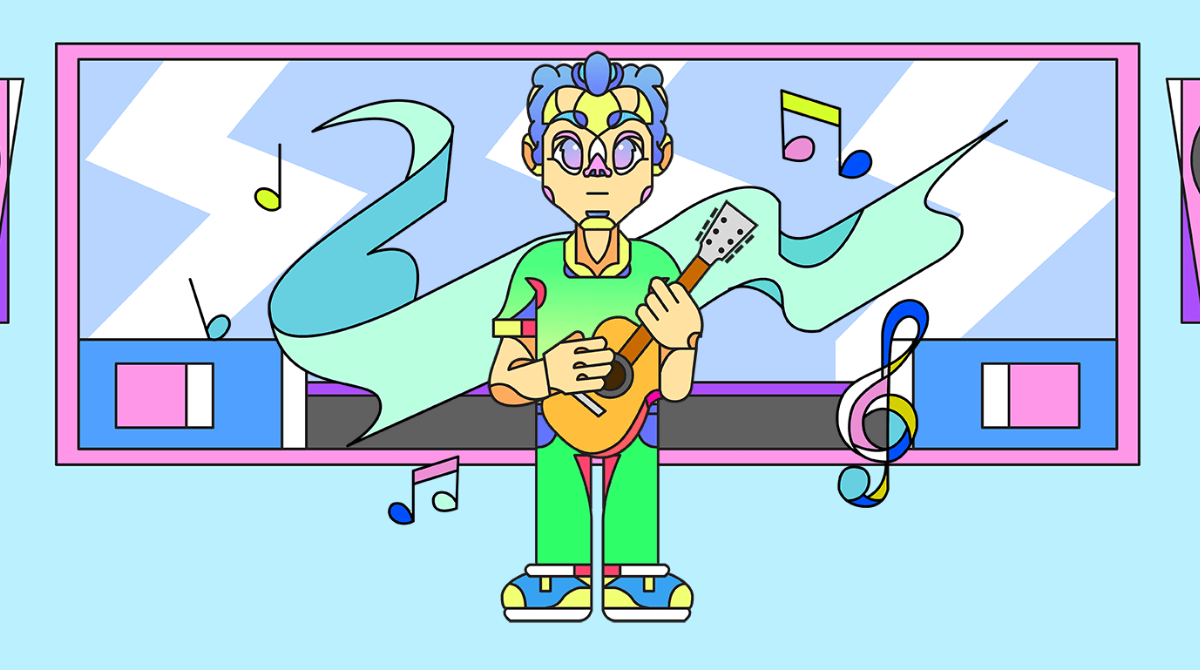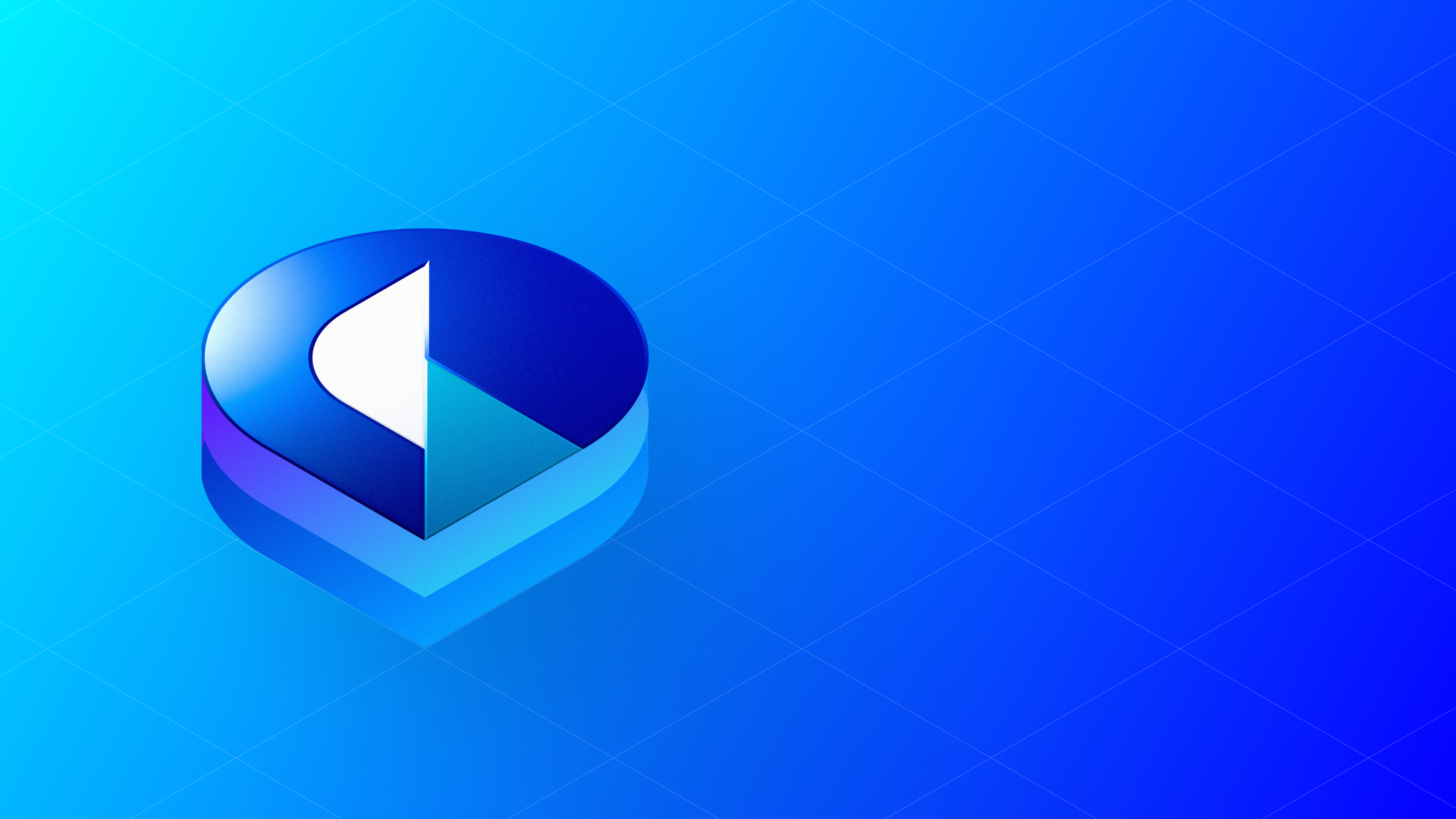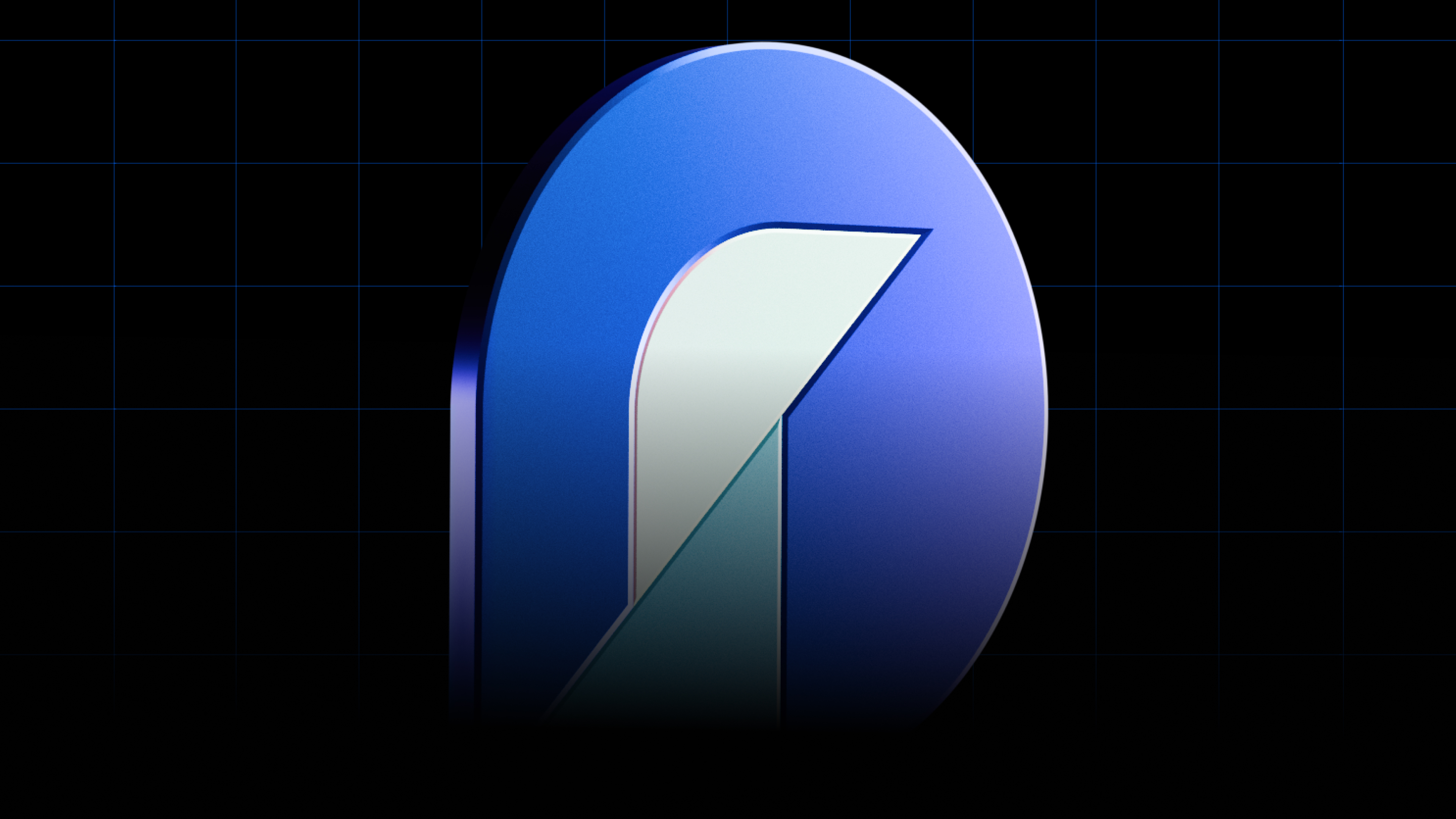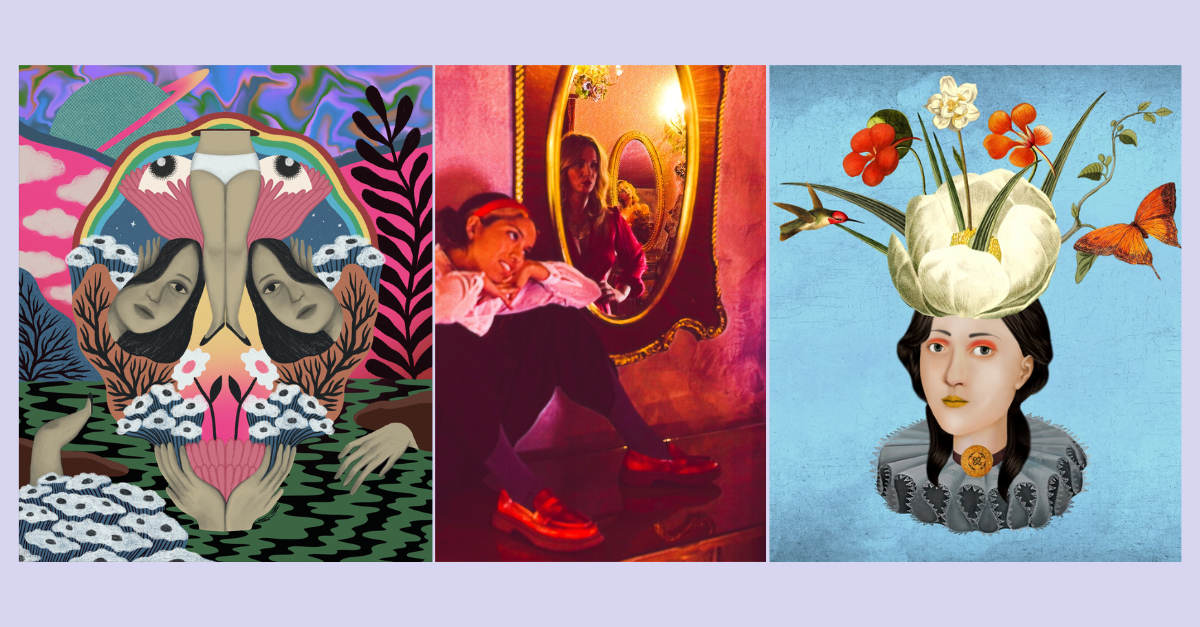Could you imagine writing one original song per day? Musician Jonathan Mann has been doing it for over 16 years. Few projects in both web3 and the traditional music scene embody this spirit of relentless creativity quite like his epic Song A Day project, which started at the height of the 2008 recession.
Since its origins, Song A Day has evolved into a living documentation of artistic evolution that now lives on blockchain. By crafting a new original song every single day, Mann has transformed the way he and his fans perceive artistic output, turning tunes and riffs that might not make it to the recording studio into a public record that reveals insights about the artistic process.
What began as a month-long challenge to stave off the doldrums of unemployment blossomed into a Guinness World Record-holding endeavor, clocking in at over 5,186 songs. Song A Day is now approaching its 17th year, and Mann is gearing up for some new surprises on the horizon for his loyal followers and community members.
In this interview with OpenSea, Mann shares what it was like to bring his daily songwriting practice to the blockchain and muses on how he maintains the passion for lifelong creativity.

OpenSea: Let’s start with your influences and inspirations. What inspired you to start the Song A Day project during the financial crash of 2008? Did you ever imagine that it would evolve into this daily routine that's lasted now over a decade?
Jonathan Mann: No, I was only supposed to do it for a month. That was the challenge that was set out for me. I was 26. I was living in Berkeley, California. I didn't have a whole lot going on. It was a pretty dismal time to try to find a job—I guess not unlike now—and I had already been making YouTube videos for three or four years. After that first month of making a song every day with nothing else going on, I decided to just keep going for a year. And then after a year, it just kind of became an indefinite thing, and the years just kind of pile up you know? It gets faster and faster as I get older.
OpenSea: Take us back to the zeitgeist of that time period. What was the general vibe in Berkeley, California for musicians at a moment when the concept of a digital creator hadn’t yet been popularized?
Jonathan Mann: Yeah, so I had finished grad school at California Institute of the Arts (CalArts)—which is north of Los Angeles and very Disney-connected—in 2006. The school was originally for animators, but now they have programs for artists of all kinds. So I was bumming around LA for a couple years doing a very early YouTube show called Game Jew based on a character I had invented. There wasn't really anything necessarily Jewish about the show, except that I am Jewish. The character would wear these Mario overalls with no shirt under them and go around LA interviewing people about video games and singing songs about video games. So I was doing that for a little while, and then I moved to Berkeley and got sort of sick of doing Game Jew. And that's when Song A Day sort of started to happen.
OpenSea: So you got sick of doing Game Jew, but 16 years of doing Song A Day you haven't gotten sick of it yet. What do you think the difference has been that has made this project feel like a continual process of discovery? Why hasn't it gotten stagnant?
Jonathan Mann: Yeah, well, what I got sick of was going through a phase from, I'd say, mid-college—around 19 or 20—up through 25 or 26, where I was really into video games. I was sort of rediscovering them as an adult, having played them as a kid and then stopped. I got really nostalgic and really into the old systems that I had. There was actually a lot of that in the air back then, especially among us who had played games as a kid and then stopped and sort of came back to them as a young adult. I think a lot of us were holding onto some vestige of our childhood, and a lot of games were about exploring that.
Then, ultimately, I think the format of Game Jew was this show on YouTube where I had these different segments, different skits. It was fun to put together. At a certain point, I felt like I had just done everything that I was going to do as that character in that format. Music has always been the thing that I wanted to do and been the thing that I've most focused on, so the opportunities to really focus on the music were so limited with Game Jew; it was all about video games.
So I can remember that time a very specific feeling like, 'Yeah, I've got to find a new thing to pour my energy into.' There was actually a transitional project that I never talk about called Rock Cookie Bottom. It never really went anywhere, but on Tumblr, I was doing daily artistic prompts for people. I would put out a prompt and then invite anyone who wanted to do the prompt, and then I would showcase everybody's prompts. So there I'd sort of hit on the daily aspect. Once the daily aspect was combined with the song aspect, everything sort of clicked.
OpenSea: And you’ve kept it alive ever since!
Jonathan Mann: Yeah, after Game Jew, where I wrote songs about video games, it felt so good to write songs about whatever I want. That's part of why it's never gotten boring or has never been stale. It definitely has gone through periods, but more often than not, I've always been able to find ways to keep it interesting for myself over time. Getting into NFTs actually has been a big part of that for the last few years. Web3 has been like a new puzzle to solve.
OpenSea: Song A Day lends itself so well to the NFT. You’ve taken a daily process journal and plunked it down on blockchain. Every artist knows that sometimes those magic little snippets might not see the light of day or make it to the inside of a recording studio—let alone be immortalized on a digital ledger—but you’ve created artifacts from them. Do you feel like a documentarian sometimes?
Jonathan Mann: Yeah, and I mean, the thing that really got me was when I saw Ethan Buckman speak. I've talked about this a lot. Ethan Buckman, one of the founders of Cosmos [a futuristic interconnected economy on blockchain]. He said something in his talk that just tickled my brain in a way I'd never really considered before, especially in terms of crypto. He explained 'proof of work' in a way that made me finally start to understand it—the concept of a chain of blocks and proof of work. I began to think about how this concept relates to Song A Day—how there's a chain of songs stretching back, and there's proof of work in that too. That's where my interest really sparked. Then, after having a friend point out CryptoPunks to me not long after they launched and understanding that these were something different on the blockchain and not just currency, I was like, 'Oh yeah, okay, I see it now. That's what I want to do with Song A Day.’

OpenSea: So you're kind of reinterpreting “proof of work” as proof of the artist's evolution?
Jonathan Mann: Yeah, exactly. The act of creation itself is always the first part. So much of what I do is just to live in that zone of creation, and it's not because I don't finish things. I finish a song every day. A lot of people struggle with blocks or feeling like something isn't good enough to put out or whatever. And for whatever reason, I don't have that part of my brain. But on the other hand, the thing that I do struggle with, and the thing that I've had to actually work on, is when to hunker down and try to refine. The editor part of my brain is not nearly as strong. Over the years, it's gotten better, but that's been a conscious thing that I've had to work on. That's how I've approached albums: like, 'Okay, this time I'm going to approach it in this way and try to do the refining in this particular way,' and that's how I see the purpose of putting together albums. For me, it's to work out that refining, editor part of my brain.
OpenSea: Have you noticed any patterns in your songwriting process over time, such as recurring keys, intervals, or chord progressions? What insights have you gained about your own songwriting methods?
Jonathan Mann: I have this podcast called As it Happens that I created in late 2019. It consists of 10 episodes, each detailing the process of me writing a song. I recorded the entire process of me writing a song and then edited it down. So, I captured the real-time process and condensed it to about 20 minutes from, let's say, four hours. The purpose of that, and the way I start every podcast, is by stating that there are infinite ways to approach writing a song. And this is just one of them. That’s how I think about Song a Day. Do you start with the lyrics or the music first? Yes. Do you sometimes find yourself using the same melodies? Yes. Or do you sometimes come up with a melody when you're in the shower? Yes. Anything you can think of is probably something I've tried. And if not, I’d love to hear about it because I probably would try it. When I hear about how other people work, I’m like, 'Oh, I’m going to try that.' That's my only rule is the notion that there are no rules. Many people think you must have this routine where you get up and do the same thing and you have to be in the right spot. But the opposite is true. I've found that I have to be extremely flexible and able to do it under any circumstances, in any capacity, with any amount of time, with any instrument, under any kind of pressure or not.
OpenSea: Not every musician has adapted to the new creator economy that we're in, in which an artist kind of has to become their own production studio. What was it about your background that you think gave you the ability to just dive right in at the beginning with YouTube and catch what ended up being a big wave?
Jonathan Mann: What made me want to start making YouTube videos was the summer of 2006, maybe just months after the platform had launched. I was deep in my nostalgia for video games. There was a show called GameLife that had gotten a lot of press, and I think it even got picked up by MTV, if I'm remembering correctly. At that time, YouTube was so novel—you can't underestimate how little someone had to do on the internet to get press at that time because everything was so new. The evening news would report on what we would now think of as the most mundane things happening online as if they were revolutionary. So, these kids—I don't remember where they were from—started this show. It had very low production value and was just them hanging out and reviewing games. And I felt like, 'Oh, I can do that.'
So that's when I started Game Jew. I was working at a commercial music house as an assistant, and in my downtime, I was working on the first episode of Game Jew. A lot of stuff happened as a result of Game Jew. One of the culminating moments was when I waited for 36 hours at GameStop to get the first Wii, so I was the first person on the West Coast to get a Wii—or Game Jew was, rather. I got tons of national press. People were sharing Game Jew all over the place. I even did a two-month artist residency in Vienna as Game Jew. Crazy things would happen as a result of putting these seeds out there. And I don't know what made me well-suited to do it other than to say, honestly, I don't really know what else I would do. So, it was like, out of necessity, just trying things. And it’s been the thing with NFTs: just out of necessity, trying to find new ways and new containers to put Song A Day and my work in.
OpenSea: I love it. Well, this has been super insightful, Jonathan. Thank you so much for your time! It was a pleasure to meet you.
Jonathan Mann: Same here, Megan. And without revealing any details, I’ll share that I have a really big announcement coming soon. I hope people enjoy Song A Day in the meantime and know that more is coming this year.
OpenSea: Awesome, we can’t wait.
Jonathan Mann: Thank you so much All right, we'll be in touch. Bye-bye.








.png)



.png)
.png)